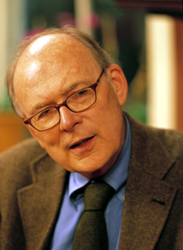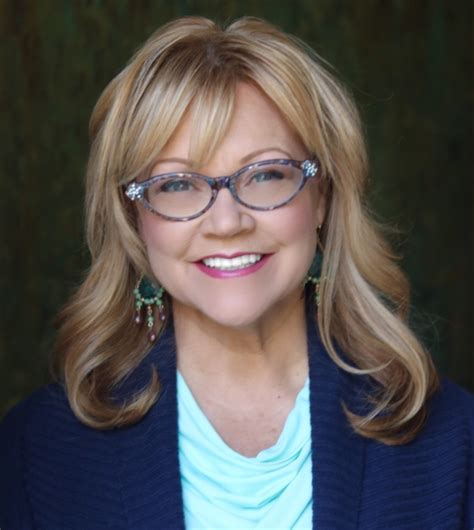A Quote by James Chace
Stephen Schlesinger’s Act of Creation tells a dazzling story of the dramatic events that have shaped the world in which we live. Never has a book been more relevant to present dangers and future hopes.
Related Quotes
Most people have learned to live in the moment. The argument goes that if the past has uncertain effect on the present, there is no need to dwell on the past. And if the present has little effect on the future, present actions need not be weighed for their consequence. Rather, each act is an island in time, to be judged on its own. ... It is a world of impulse. It is a world of sincerity. It is a world in which every word spoken speaks just to that moment, every glance given has only one meaning.
Let each of us examine his thoughts; he will find them wholly concerned with the past or the future. We almost never think of the present, and if we do think of it, it is only to see what light is throws on our plans for the future. The present is never our end. The past and the present are our means, the future alone our end. Thus we never actually live, but hope to live, and since we are always planning how to be happy, it is inevitable that we should never be so.
The whole point of what -Jesus was up to was that he was doing close up, in the present, what he was promising long-term in the future. And what he was promising for that future and doing in the present was not saving souls for a disembodied eternity but rescuing -people from the corruption and decay of the way the world presently is so they could enjoy, already in the present, that renewal of creation which is God’s ultimate purpose?—??and so they could thus become colleagues and partners in that large project.
History reminds us that revolutions are not events, so much that they’re processes – that for tens of thousands of years, people have been making decisions that irrevocably shaped the world that we live in today; just as today, we are making subtle, irrevocable decisions that people of the future will remember as revolutions.
The format of the book was the idea of my wonderful editor, Stephen Segal. Stephen and I had worked together before, on projects for the Interstitial Arts Foundation, and when he got the idea for an accordion-style book, he called and asked if I could write the story for it. I told him that I would love to try! And I knew it had to be a love story, because that's the sort of story you really want to hear from both perspectives. I mean, imagine if Pride and Prejudice were told from Darcy's perspective as well as Elizabeth's. It would be quite a different story!
All our language about the future ... is like a set of signposts pointing into a bright mist ... the New Testament image of the future hope of the whole cosmos, grounded in the resurrection of Jesus, gives as coherent a picture as we need or could have of the future that is promised to the whole world, a future in which, under the sovereign and wise rule of the creator God, decay and death will be done away with and a new creation born, to which the present one will stand as mother to child.
There's nothing fundamentally wrong with people. Given a story to enact that puts them in accord with the world, they will live in accord with the world. But given a story to enact that puts them at odds with the world, as yours does, they will live at odds with the world. Given a story to enact in which they are the lords of the world, they will ACT like lords of the world. And, given a story to enact in which the world is a foe to be conquered, they will conquer it like a foe, and one day, inevitably, their foe will lie bleeding to death at their feet, as the world is now.







































